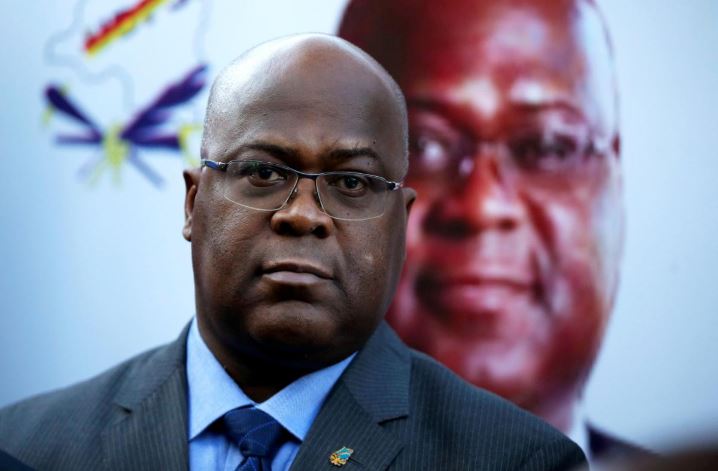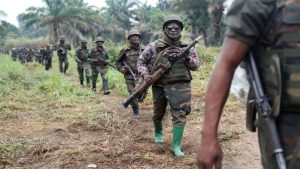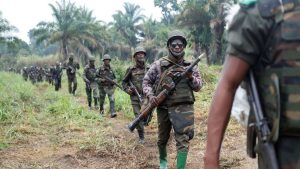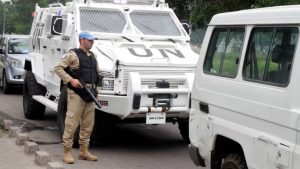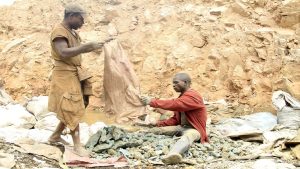Democratic Republic of Congo’s electoral commission on Thursday declared opposition leader Felix Tshisekedi the winner of a disorganized and contentious December 30 presidential election.
The result could lead to Congo’s first democratic transfer of power since independence from Belgium in 1960, with longtime President Joseph Kabila due to step down in coming days.
But vote tallies compiled by Congo’s Catholic Church found that another opposition candidate, Martin Fayulu, clearly won the election, two diplomats said, raising the spectre of a standoff that many fear could lead to violence.
Election commission (CENI) president Corneille Nangaa, speaking around 3 a.m. (0200 GMT) at a news conference that appeared timed to avoid any immediate reaction in the streets, said Tshisekedi had won with 38.57 percent of the more than 18 million ballots cast.
“Felix Tshisekedi Tshilombo is declared the provisionally-elected president of Democratic Republic of Congo,” Nangaa said to a mixture of cheers and gasps inside CENI headquarters.
Nangaa said Tshisekedi had received more than 7 million votes, compared to about 6.4 million for Fayulu and about 4.4 million for Kabila’s hand-picked candidate, Emmanuel Ramazani Shadary.
The result is certain to fuel further suspicion that Tshisekedi, who the last opinion polls before the election showed running well behind Fayulu, struck a power-sharing pact with Kabila.
Tshisekedi’s camp has acknowledged contacts since the vote with Kabila’s representatives but denies there has been any kind of deal.
Losing candidates, including Fayulu and Shadary, can contest the results before Congo’s constitutional court, which has 10 days to hear and rule on any challenges.
The Church’s bishops conference said last week that it knew the identity of the winner and demanded that CENI publish accurate results. The Church did not say who it thought the winner was, but briefed diplomats on its conclusions.
More than one million people were kept from voting on election day on Dec. 30 because of an Ebola outbreak and militia violence in opposition strongholds mainly in the east of the country.
Observers said many polling stations opened late and closed early and in some places voting machines malfunctioned.
Kabila, who succeeded his assassinated father in 2001, had wanted to hand over power to Shadary, his former interior minister, when he stands down this month after 18 years in power.


